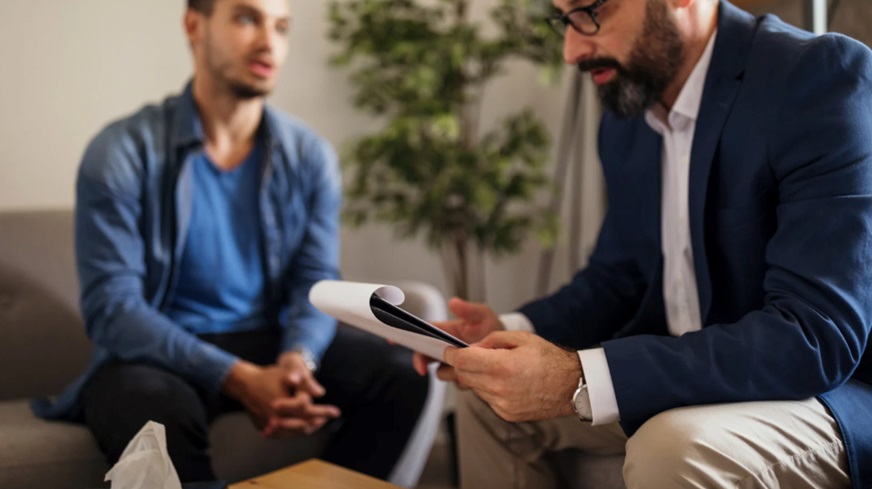Addiction recovery is not a one-size-fits-all journey. Each individual’s history, mental health condition, substance use, and lifestyle differ, making it essential that therapy programs reflect these unique needs. For individuals seeking addiction therapy in Georgia, tailoring treatment to the person—not just the addiction—has shown significantly improved outcomes. Personalized plans do more than guide treatment; they empower lasting recovery by treating root causes and supporting long-term well-being.
Why Individualized Care Matters
Every person struggling with addiction brings a unique set of physical, emotional, and psychological factors to the table. These may include co-occurring disorders, trauma history, genetic predispositions, and even differences in how substances impact brain chemistry. Personalized treatment plans are developed after comprehensive assessments and are flexible enough to evolve with the individual’s progress.
Tailoring Interventions for Long-Term Success
Rather than applying standardized interventions, personalized plans offer specific strategies. This might mean prioritizing trauma-informed therapy, integrating medication-assisted treatment, or combining both individual and group counseling. A significant component also includes strategies focused on restoring brain health to fight addiction, which helps rebuild cognitive function and emotional regulation that substance use often impairs.
Incorporating neuroscience-backed therapies into treatment plans aids in rebalancing the brain’s reward systems and neurotransmitter activity. Neuroplasticity—the brain’s ability to adapt—plays a vital role here. Targeted therapeutic methods like cognitive behavioral therapy (CBT) and mindfulness practices have proven effective in helping the brain heal, especially when delivered as part of a structured, personalized regimen.
The Role of Lifestyle Support in Recovery
Beyond psychological and medical support, a strong recovery plan also emphasizes physical wellness. Nutrition and exercise, for instance, play a critical role in rebuilding a healthy lifestyle. Recognizing the importance of nutrition and exercise in addiction recovery, treatment centers increasingly incorporate wellness programs into recovery plans. Balanced diets help stabilize mood and energy levels, while regular physical activity promotes mental clarity, reduces anxiety, and encourages discipline.
When individuals engage in fitness routines and adopt healthy eating habits, it fosters a greater sense of control and confidence. This physical stability reinforces mental resilience, ultimately reducing the risk of relapse.
How Personalization Enhances Engagement
Engagement is a critical predictor of recovery success. Patients are more likely to stay committed to a program when they feel their needs are being addressed directly. Personalized care fosters trust, encourages accountability, and nurtures motivation. Therapy sessions become more relevant, group activities more purposeful, and each treatment milestone more meaningful.
Additionally, personalization extends to post-treatment planning. Relapse prevention strategies, ongoing therapy schedules, and support group recommendations are crafted to fit into the individual’s daily life, making sustained recovery more achievable.
Conclusion
Personalized treatment plans stand at the core of effective addiction therapy. They recognize that lasting change stems from understanding and addressing the unique variables that fuel substance use. Whether someone is seeking addiction therapy in Georgia or elsewhere, success depends not just on the quality of care but on how closely that care reflects the individual’s personal narrative. With attention to brain health, physical wellness, and emotional resilience, customized plans lay a strong foundation for a healthier, addiction-free life.

